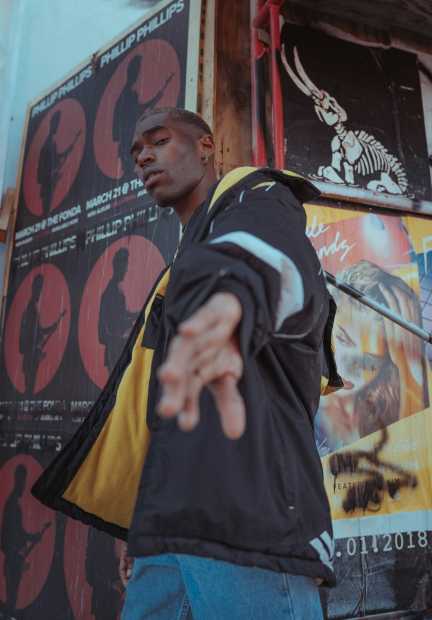In today’s digital age, social media has undeniably become a powerful force influencing various aspects of our lives, including fashion trends. With platforms such as Instagram, Twitter, Facebook, and TikTok constantly bombarding users with images and videos of the latest styles and designs, it is no surprise that social media plays a significant role in shaping what is considered fashionable.
One of the most significant impacts of social media on fashion trends is the democratization of style. In the past, fashion was primarily dictated by high-end designers and fashion editors who decided what was in vogue. However, with the rise of social media influencers and bloggers, everyday individuals now have a platform to showcase their personal style and influence what is considered fashionable. This has led to a more diverse and inclusive fashion landscape, where people of all shapes, sizes, and backgrounds can find inspiration and validation for their unique sense of style.
Social media has also enabled fashion brands to reach a larger audience and connect with consumers on a more personal level. With the use of targeted ads and sponsored posts, brands can directly engage with their followers and promote their latest collections. Additionally, social media platforms have become a valuable tool for brands to receive feedback from their customers and understand their preferences and tastes. This real-time interaction helps brands stay relevant and adapt to changing trends quickly.
Another impact of social media on fashion trends is the rise of fast fashion. With the constant influx of new styles and designs on social media, consumers have come to expect a constant stream of new and affordable clothing options. This has led to the rapid growth of fast fashion brands that churn out inexpensive, trendy pieces at breakneck speed. While fast fashion has made fashion more accessible to the masses, it has also been criticized for its negative impact on the environment and labor practices.
Social media has also played a significant role in the rise of sustainability and ethical fashion. With the increased awareness of the environmental and social impact of the fashion industry, consumers are now more conscious of their purchasing decisions and are demanding transparency from brands. Social media platforms have become a powerful tool for spreading awareness about sustainable and ethical fashion practices, as well as highlighting brands that prioritize these values. Influencers and bloggers have also played a key role in promoting sustainable fashion brands and encouraging their followers to make more conscious choices when it comes to shopping.
Overall, the impact of social media on fashion trends is undeniable. From democratizing style and giving a voice to everyday individuals to enabling brands to connect with consumers on a more personal level, social media has reshaped the fashion industry in profound ways. While there are certainly drawbacks to the fast-paced nature of social media and the rise of fast fashion, the platform also offers opportunities for positive change and progress in the industry. As social media continues to evolve, it will be interesting to see how it shapes the future of fashion trends and influences the way we consume and engage with fashion.


